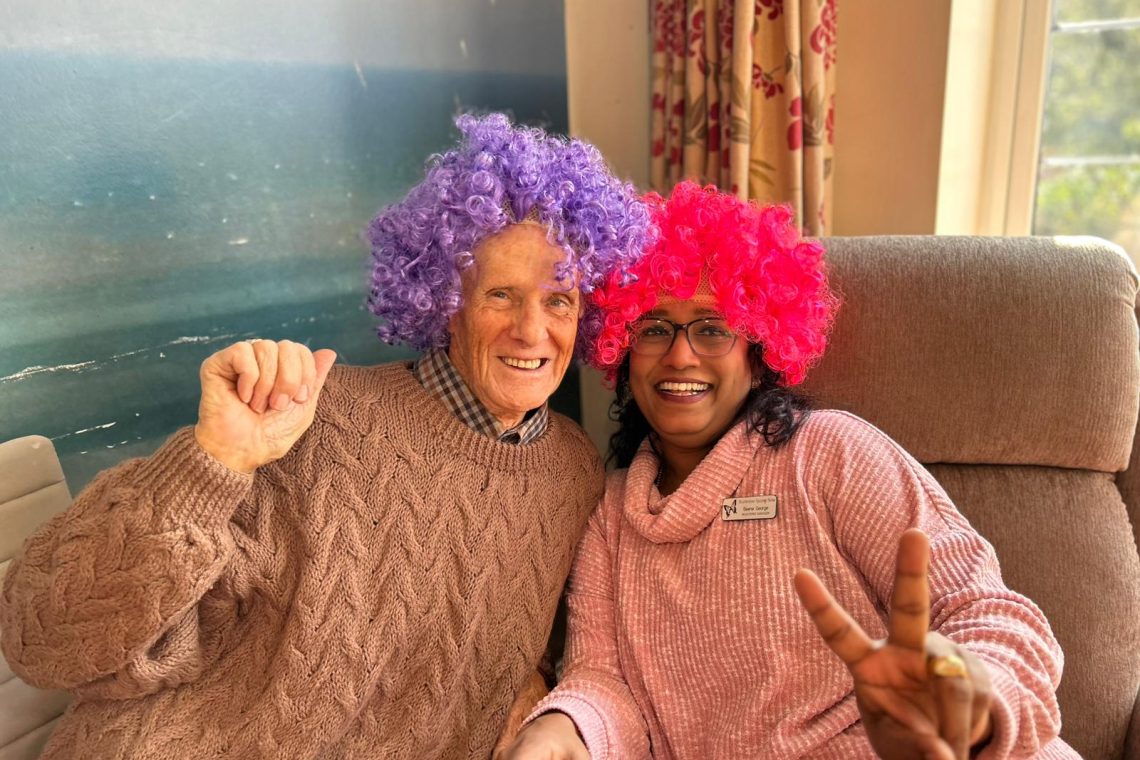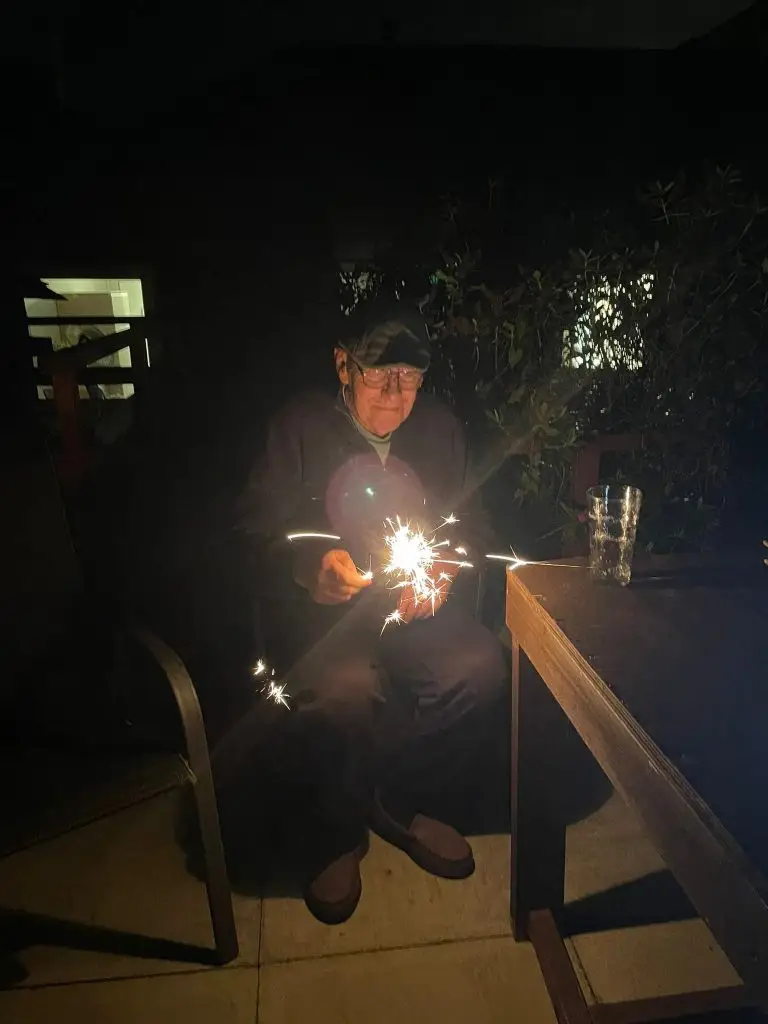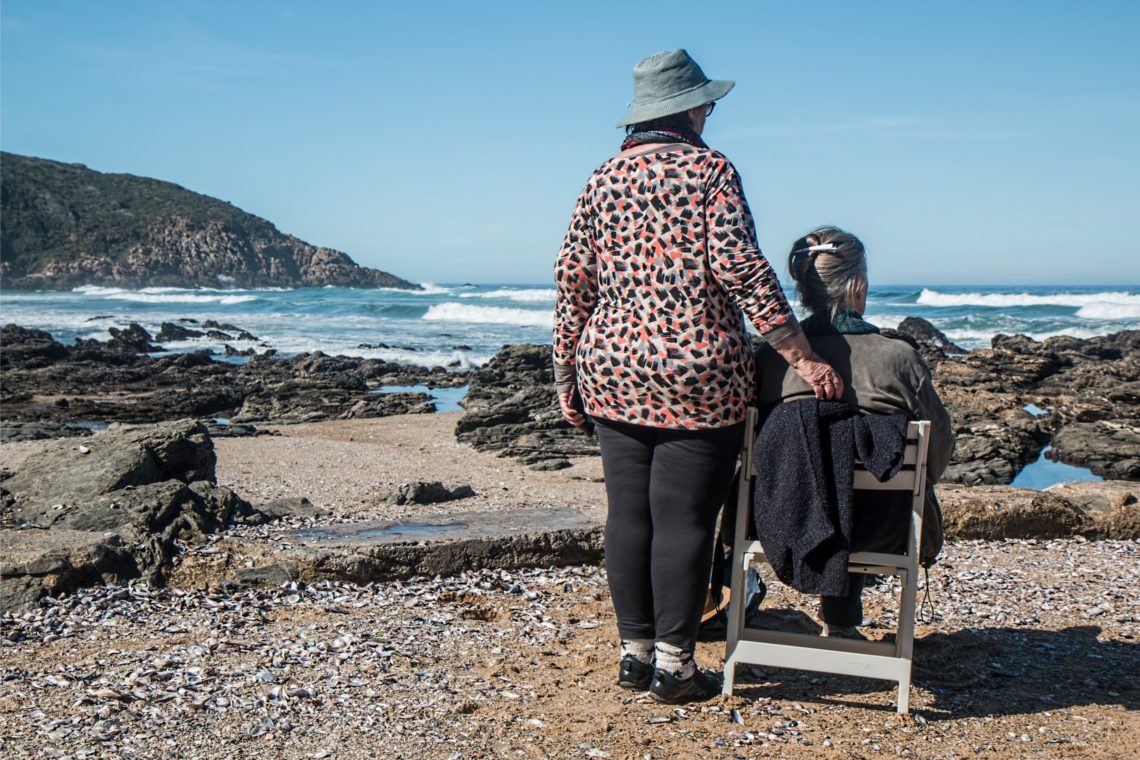Southcare Homes Group is proud to be the first UK care home group to partner with Brain+. Brain+ is a leader in digital therapeutics for dementia care. This partnership introduces a new tool called Ayla into our dementia care program. Ayla is an advanced platform specifically designed to support the preparation and delivery of a leading treatment of dementia known as Cognitive Stimulation Therapy (CST). Firstly, though, what is Cognitive Stimulation Therapy or CST?
What is Cognitive Stimulation Therapy (CST)?
Cognitive Stimulation Therapy is the most well-researched, non-pharmacological treatment for those with mild to moderate dementia care. It involves structured group sessions that are specially designed for people with dementia. As a result, they help those involved to express their views, learn new things and work with others. Group members will engage in a range of activities in a relaxed environment to stimulate thinking, memory and to connect with others. These activities include, for example:
- Singing songs
- Listening to music
- Taking part in practical activities such as baking
- Playing word games
- Discussing current news stories
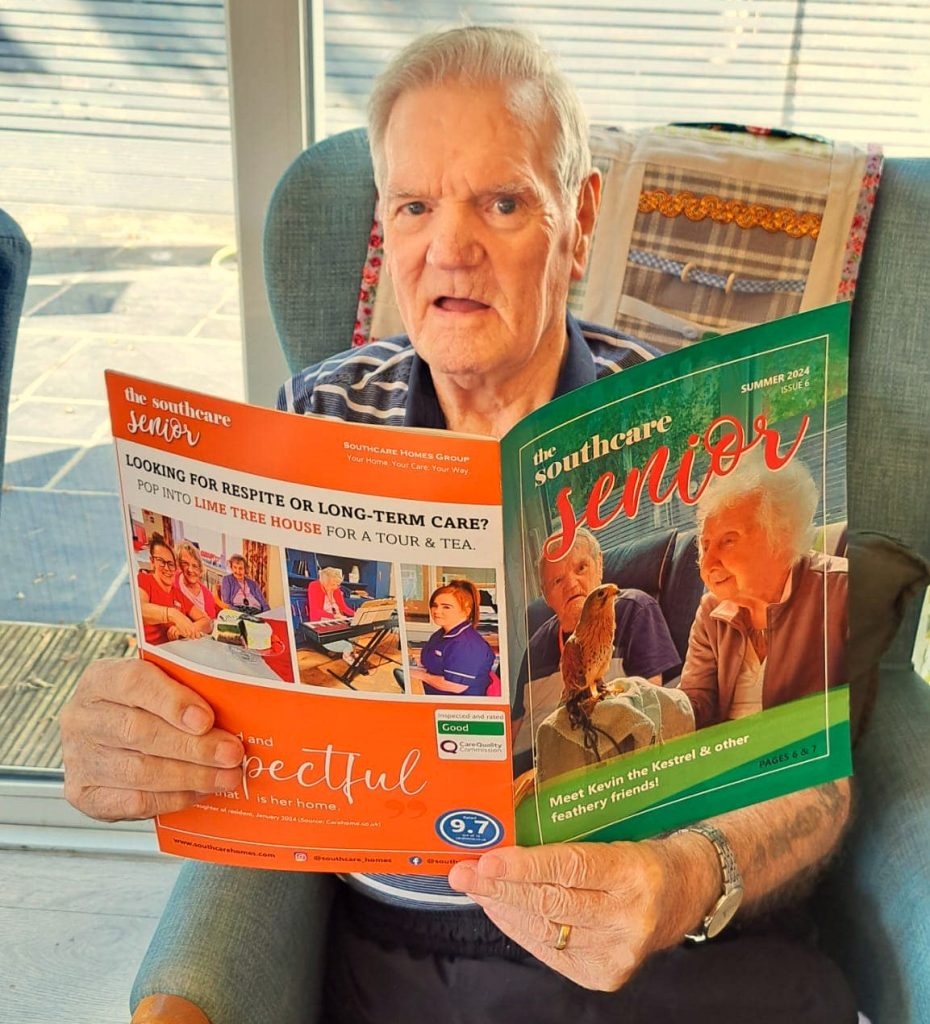
Research has shown that these sessions can improve cognition, quality of life, and communication. Implementing this form of treatment in care homes however comes with its own set of challenges. The staff and resources available to run these sessions, for instance, are limited. That’s where Brain+ and digital dementia care come in.
Understanding Digital Dementia Care
Brain+ are global pioneers of Cognitive Stimulation Therapy and digital dementia care, and they believe in empowering both residents and caregivers to make dementia care better. They have therefore developed Ayla – your CST Assistant to help trained facilitators bring innovative dementia care solutions to residents.
A new digital dementia care tool – Ayla
Ayla provides:
- Clinically validated CST sessions that replicate products recommended by NICE and WHO
- Integrated modes of therapy. This includes sensory stimulation, reminiscence and music therapy
- Measurable outcomes and evidence generation. This allows us to gauge the impact of sessions and share the results with residents’ family members and regulatory bodies.
- Enhanced awareness and training that enables care homes to broaden the pool of qualified facilitators and enhance awareness.
Who are Southcare Homes Group?
At Southcare Homes Group, we strive to continually enhance not only our high-quality care but our residents’ experiences and partnership only reinforces our efforts. Two of our homes, Lime Tree House in Ringmer and Grasmere Rest Home in Sutton, will be pioneering Ayla with residents. Staff will receive professional CST accreditation, and this will equip them with the expertise to deliver personalised cognitive therapy.
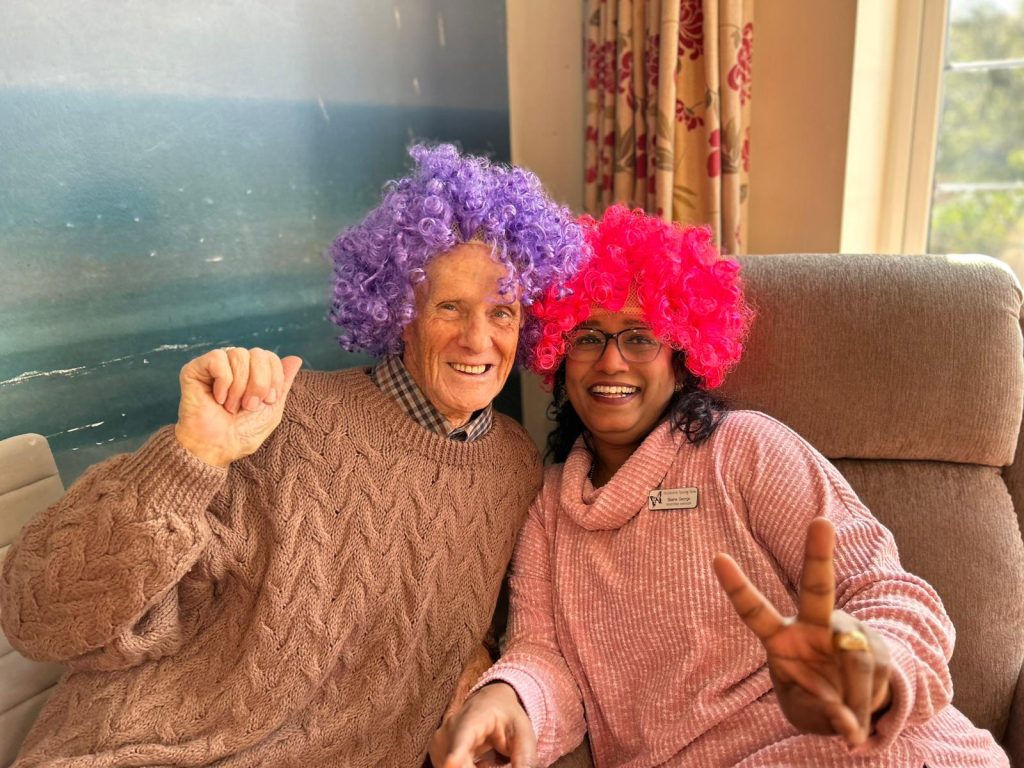
“We are delighted to partner with Brain+ to introduce Ayla – Your CST Assistant into our care homes. Dementia care is at the heart of what we do, and we are always looking for innovative ways to improve the lives of our residents. The opportunity to integrate digital CST and provide our staff with specialised training ensures that we continue to lead the way in delivering exceptional dementia support.”
– Karim Nanji, Managing Director, Southcare Homes Group
“This partnership with Southcare Homes is a defining moment for Brain+ in the UK, as it validates the potential of Ayla – Your CST Assistant in transforming dementia. The whole ethos of the home is to go above and beyond in giving the best possible care to its residents. You can really see the passion and desire to do things differently from the leadership to the wonderful care managers. We are thrilled to work with such a forward-thinking care provider, and we look forward to expanding our impact in the UK.”
– Devika Wood, CCO, Brain+
